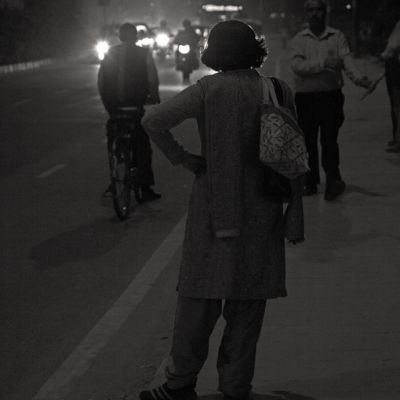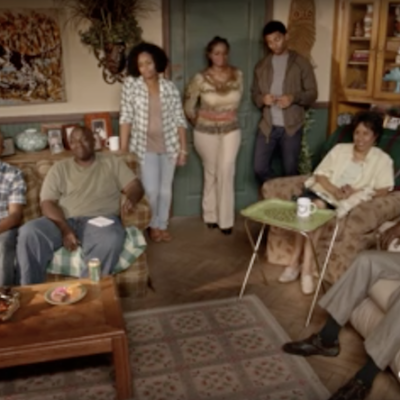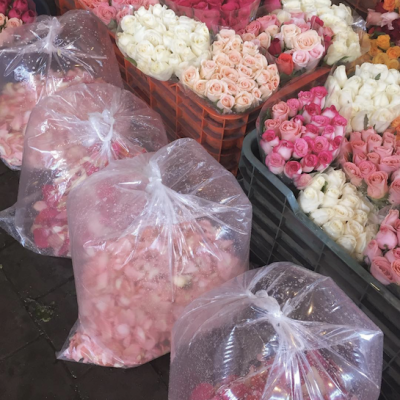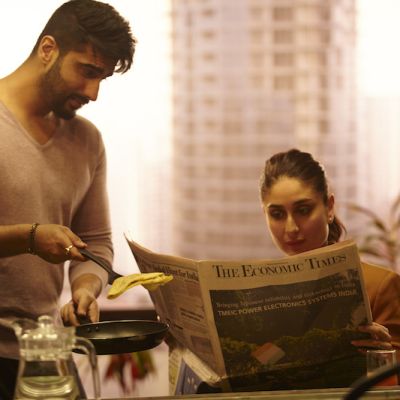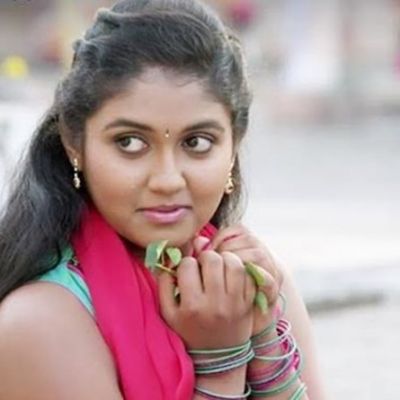Marriage and Sexuality
कम उम्र में विवाह और बाल विवाह एक बेहद विखंडित और असमान समाज का लक्षण है। जब भी यह पूछा गया कि लोग अपने बच्चों की कम उम्र में शादी क्यों करते हैं तो “दहेज़”, “गरीबी” और “यौन हिंसा का डर” आदि कारण सबसे ज़्यादा सुनाई दिए।
Invitation cards had been printed. Her parents wanted to get the best of everything for her. She knew that all this generosity came more out of them trying to put up appearances than out of their love for her. Instead of trying to make sense of it all, or to reason with them, she was told to just enjoy this special life event. Once the whole family had arrived, all of her father’s financial worries and her mother’s emotional ones got drowned in the festivities that took place each night. The bright strings of lights flickered all around the house, announcing the upcoming marriage to the world.
This family is proud of their initiative to prepare for a gay wedding, though their refusal to perceive their own misconceptions keeps getting in the way!
Traditionally, marriage and sexuality have been bagged together and tinted with a bed-of-roses romance that has, over the last century or so, been unpacked and critiqued for propagating oppressive societal structures of gender, class, caste, and sexuality. Indeed, marriage isn’t just about two wedded souls matched in heaven, but about earthly ties that reach far beyond the couple it binds together. What happens when the roses are let out of the bag? This month’s issues of In Plainspeak on Marriage and Sexuality invite us to lean in and take a whiff.
Can I choose to stop caring about the big bad world, and stay at home? I’ll raise the kids and cook the meals while my wife goes out to work instead?
The meetings with Nakul had made me feel interminably uneasy and awfully awkward. It was like going on a date knowing that your choice would be for life, it was more pressure on the heart than I had ever imagined.
I began to see Marriage / in Appa’s weathered hands, / smell Marriage / in the tea he brewed…
‘Sexuality’ and ‘marriage’ are terms that we don’t instinctively think of in the same breath.
Delhi-based queer feminist activists Rituparna Borah and Jaya Sharma recorded a conversation they had about their views around marriage. While both women maintain their stances of critique towards the institution of marriage, what they agree upon and investigate as their chat progresses is that marriage has a pull that even its staunchest opponents will have to acknowledge and attempt to understand.
We spoke to four Hindu-Muslim couples from four generations to learn how to keep love afloat in this climate of naked hatred.
Tolerance and space for another who is not like oneself is important. Without such tolerance and space we risk becoming perpetrators of injustice, forcing everybody into a mold that is not their shape.
When recently reading about the spouses of H1-B ‘skilled guest worker’ visa holders, certain themes resonate with me. These women discuss how it was not just their CVs that suffered from the forced career break – until 2015, spouses on restrictive H-4 paperwork were forbidden from pursuing employment in the U.S. – but that their core sense of self took a hit.


